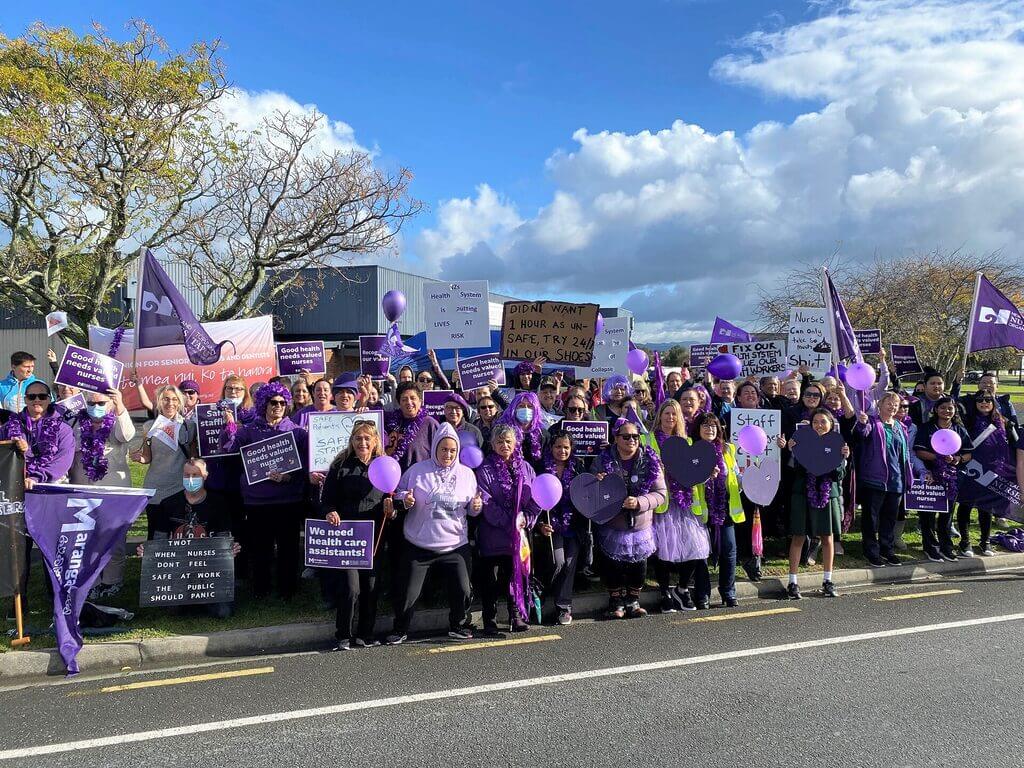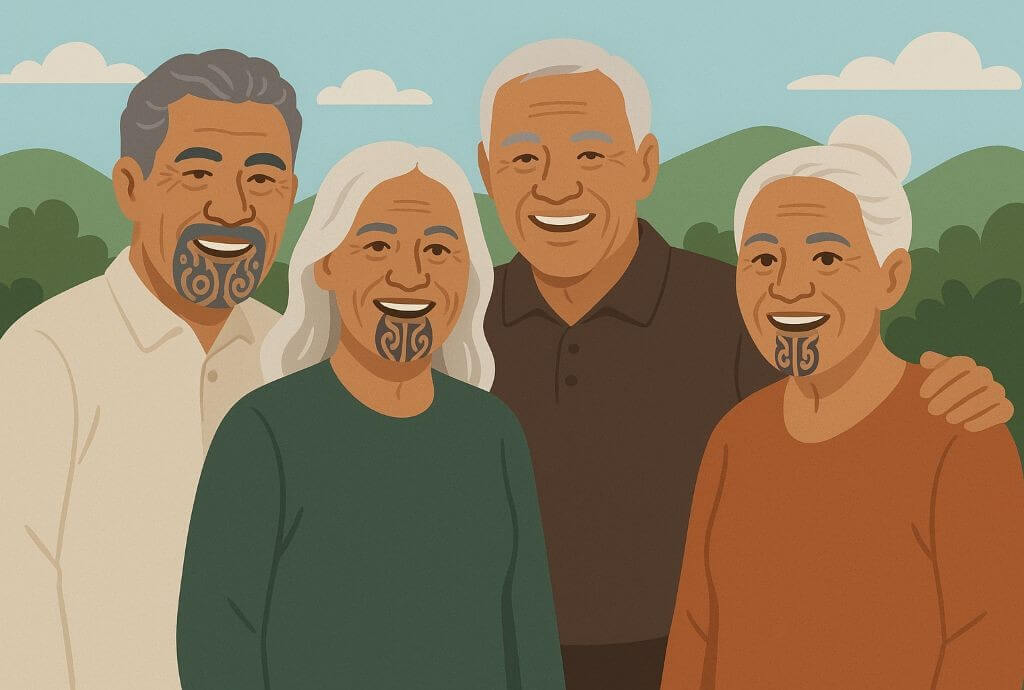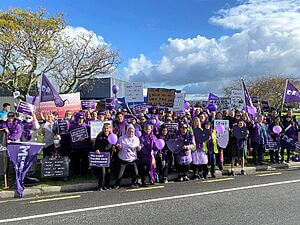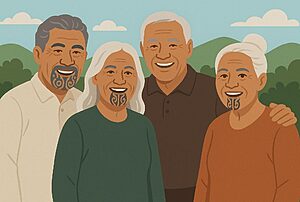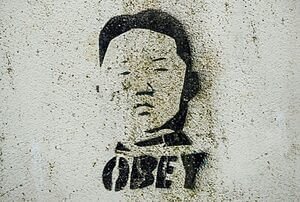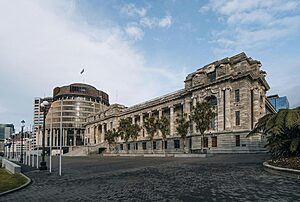In brief
- The proposed Resource Management and Local Government reforms added to the co-governance pile.
- It removes elected accountability and critics are smeared as racists.
- Hipkins gives a confusing explanation of how co-governance is a special kind of democratic.
Co-governance is alive and well
Since Labour shelved definitive co-governance legislation until post election, and the media has been relatively silent on the topic lately, you’d think it’s a dead issue.
You’d be wrong.
A myriad of co-governance reforms continues to be pushed by the Government, even more than before.
There’s speculation Hipkins is rethinking Three Waters’ controversial 50/50 co-governance arrangements (a somewhat inaccurate description for something that’s more than 50% in favour of Māori elite interests). But that’s just talk.
Currently co-governance is being worked into the Resource Management Act. Three proposed laws will see resource planning and consent requirements taken from local councils and given to 15 new co-governed “Regional Planning Committees”.

Meanwhile, the Future of Local Government Report calls for “a stronger statutory requirement on councils to foster Māori capacity to participate in local government”. In other words, allowing representatives from local iwi to govern without any accountability to taxpayers or voters.
To proponents, any criticism is racism
Ironically, any criticisms of what amounts to constitutional changes explicitly favouring one race over others are denounced as racist. While Race Relations Commissioner Meng Foon acknowledges “that some concerns may be valid”, he doesn’t say what those concerns are. Instead he offers his glib conclusion: “I say give nothing to racism and give it a go.”
Foon makes it clear he is personally happy with decisions some may find inefficient or even unwieldy. He also cites some small-scale examples (alongside unrelated ones) of what he says is co-governance, but the rules vary from one situation to another.
Note the Human Rights Commission is specifically promoted in He Puapua as an advocate of co-governance. But is that proper? Why is Foon even talking about it from his government perch? And why is he not being asked to resign like Rob Campbell?
Proponents repeat the refrain that co-governance is nothing to fear. Yet they fail time and again to explain how removing democratic accountability and exchanging it for “leaders” who are selected based on race is a good idea or even an experiment worth conducting.
Co-governance benefits a small group of Māori elites who are not democratically elected. They’re often out of touch with working class people, but they’ve profited from pushing the notion the Crown is in a “partnership” with Māori through the Treaty of Waitangi, which when “given effect” translates into them having powers like some form of old world royalty.
There’s also the contrary view of the Treaty. That is, the hundreds of disparate Māori tribes of the day agreed to have the Queen as Sovereign. In exchange, the Queen established and protected private property rights, and afforded all Māori the same rights and privileges as everyone else in New Zealand.
Hipkins soft pedals the significance
In an interview with Jack Tame, Prime Minister Chris Hipkins called co-governance “democratic”. But he also acknowledged that Māori having 50/50 in Three Waters (which we’ve noted isn’t an accurate description) is not the one person, one vote democracy that NZ had since the late 1800s.
In the end, shouldn’t it be explained clearly so voters can decide?


